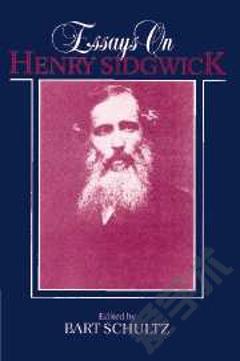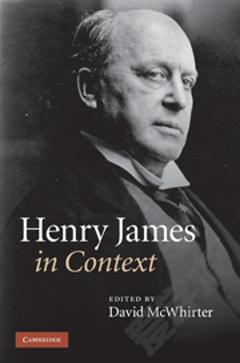Essays on Henry Sidgwick
The dominant moral philosophy of nineteenth-century Britain was utilitarianism, beginning with Bentham and ending with Sidgwick. Though once overshadowed by his immediate predecessors in that tradition (especially John Stuart Mill), Sidgwick is now regarded as a figure of great importance in the history of moral philosophy. Indeed his masterpiece, The Methods of Ethics (1874), has been described by John Rawls as the 'most philosophically profound' of the classical utilitarian works. In this volume a distinguished group of philosophers reassesses the full range of Sidgwick's work, not simply his ethical theory, but also his contributions as a historian of philosophy, a political theorist, and a reformer.
{{comment.content}}








 京公网安备 11010802027623号
京公网安备 11010802027623号